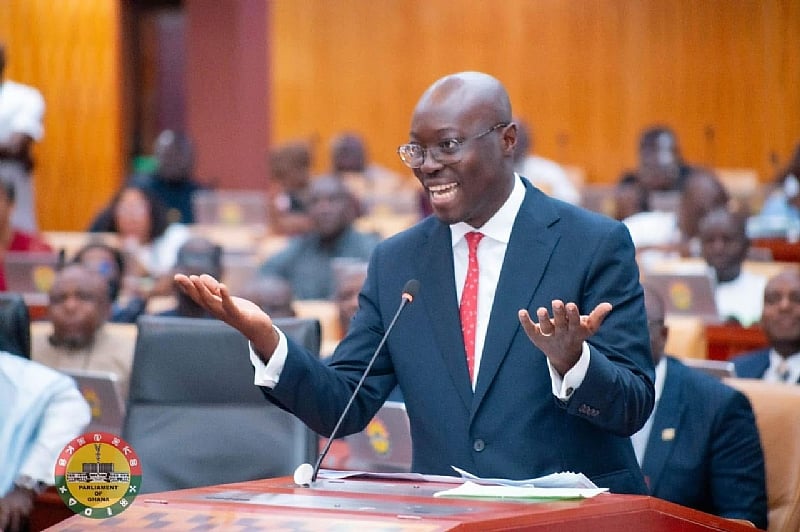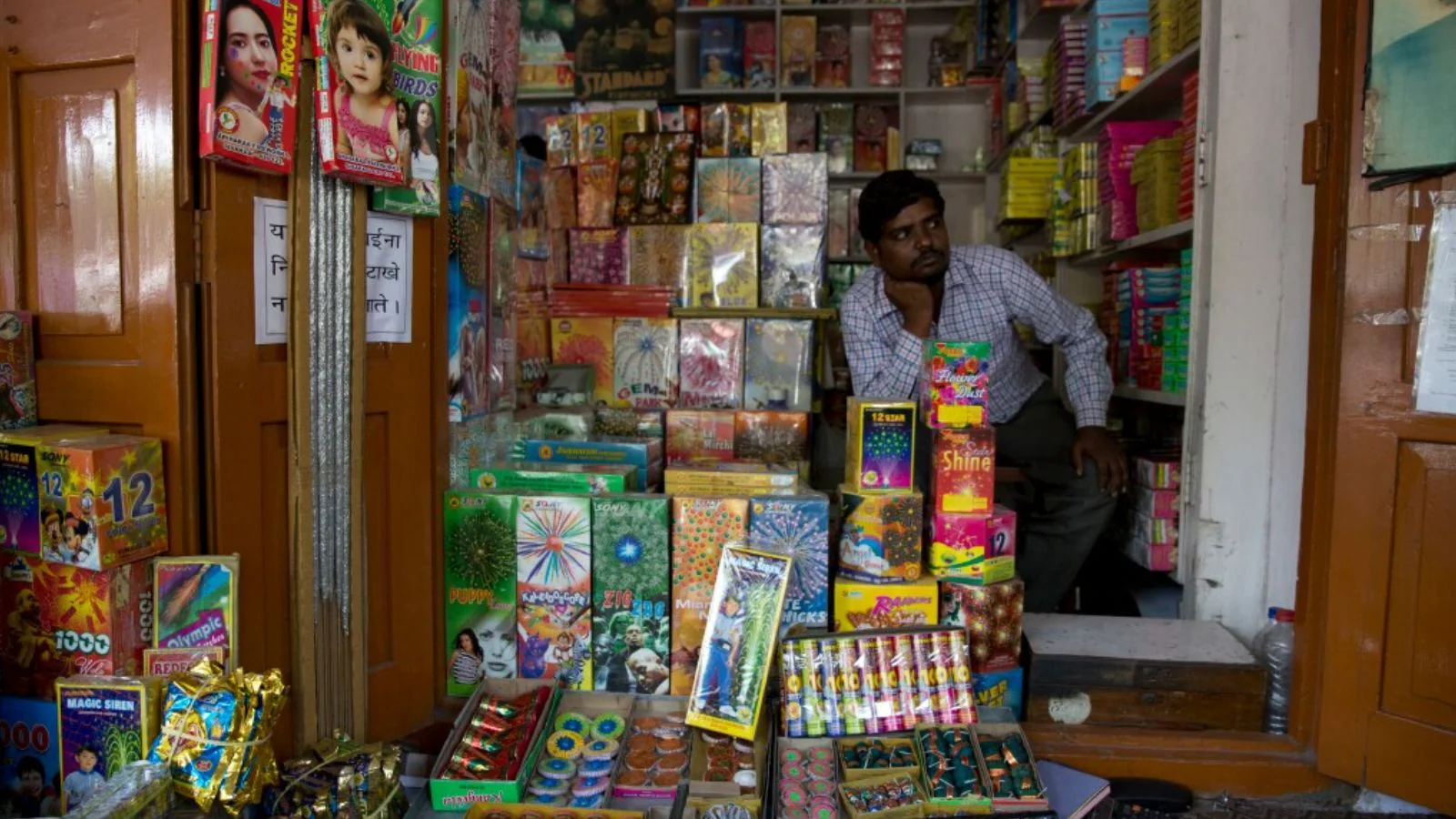Copyright modernghana

Accra, Ghana – Ghana’s financial sector is showing strong signs of recovery and resilience, underpinned by improving asset quality, strengthened balance sheets, and renewed investor confidence. Recent developments across the industry — from record profits and responsible fiscal discipline to enhanced banking soundness — signal that macroeconomic stabilisation is gradually taking hold. The Bank of Ghana’s September 2025 Monetary Policy Report highlights encouraging progress. The private sector credit-to-GDP gap remains negative, however, indicating subdued credit growth. This underscores the need for further measures to boost lending to support the real economy, especially small and medium enterprises (SMEs). Despite this, the overall banking system remains robust. The Banking Sector Soundness Index has risen sharply, nearing pre–Domestic Debt Exchange Programme (DDEP) levels. Solvency ratios, liquidity buffers, and earnings performances have all improved, with the Non-Performing Loans (NPL) ratio falling to 20.8% in August 2025, from 24.3% a year earlier. During the same period, banks wrote off GH¢1.05 billion in bad loans — a 46% decline compared to the GH¢1.95 billion recorded in 2024. This improvement reflects enhanced credit risk management and disciplined provisioning. The NPL Stock according to Accra Business News, fell from GH¢21.1 billion to GH¢19.8 billion, while private sector loans accounted for 97.4% of total NPLs. The overall improvement in the industry’s asset quality has also been bolstered by stronger bank performance. For instance, Odotobri Rural Bank PLC wrote off GH¢3.5 million in locked-up funds from the financial sector clean-up, yet still recorded a 117% profit growth in 2024 as reported by Accra Business News, alongside a significant rise in deposits and investments. The bank’s prudent capital management and strategic expansion plans reflect the renewed optimism within Ghana’s rural banking space. At the top tier of the banking hierarchy, Fidelity Bank Ghana has further cemented its leadership position. The bank swept three top honours — Bank of the Year, Excellence in Corporate Social Responsibility, and CEO of the Year — at the 8th Ghana Business Awards according to Accra Business News report yesterday. Its Managing Director, Julian Kingsley Opuni, was celebrated for steering the bank through turbulent economic conditions, achieving a GH¢1.21 billion pre-tax profit and growing deposits by 40% to GH¢17.65 billion in 2024. These milestones come amid a cautiously optimistic macroeconomic backdrop. The International Monetary Fund (IMF) is expected to approve Ghana’s fifth programme review in December 2025, paving the way for a US$385 million disbursement to bolster foreign reserves ahead of the January 2026 Eurobond repayment. The IMF has lauded Ghana’s progress, citing “strong” actions to stabilise the financial sector and “notable strides” in addressing energy sector inefficiencies. The 2026 Budget, set to be presented on November 13, 2025 as reported by Accra Street Journal, is expected to stay within the 1.5% primary surplus limit mandated by theFiscal Responsibility Act — marking the first time Ghana will have met this requirement since the law’s introduction in 2018. The IMF and market observers, including IC Research, note that the government has shown policy credibility in restoring fiscal discipline and anchoring macroeconomic confidence. However, challenges remain. Revenue mobilisation continues to underperform, while spending pressures are expected to rise as the economy rebounds. Analysts caution that sustaining fiscal credibility post-IMF will depend on stronger domestic revenue reforms and efficiency in expenditure management. Overall, the combination of improved bank performance, declining bad loans, responsible fiscal management, and positive sentiment from the IMF signals that Ghana’s financial sector is on a sustainable path to recovery. “The industry is showing real resilience — from rural banks to top-tier institutions — and confidence is slowly returning. The next phase must focus on deepening credit delivery to SMEs and productive sectors to fuel broad-based growth,” one analyst from The High Street Business noted. As Ghana edges toward 2026, the tone across thefinancial ecosystem is unmistakably optimistic — one of stability, discipline, and renewed trust in the banking system’s ability to drive national development. Sources Used: Accra Business News | Accra Street Journal | The High Street Business



